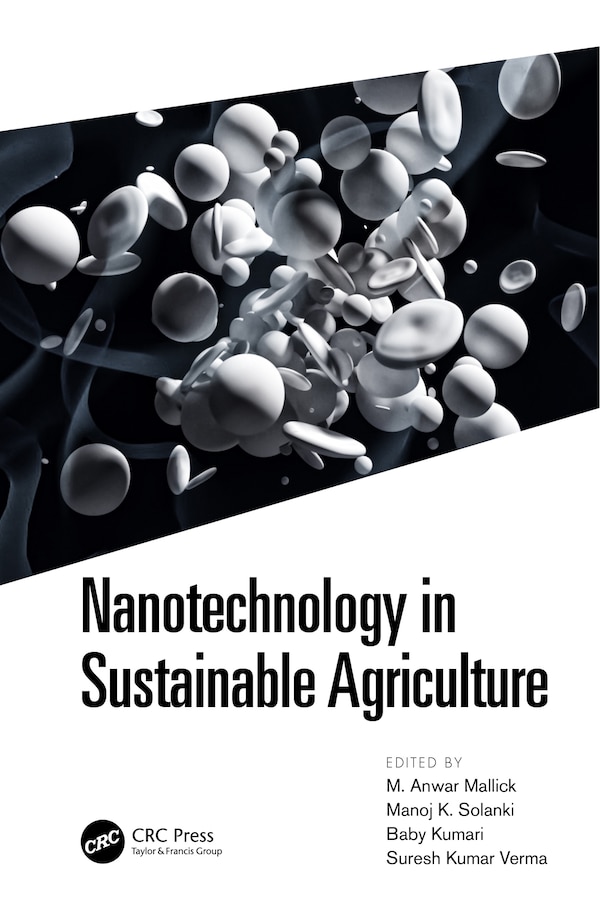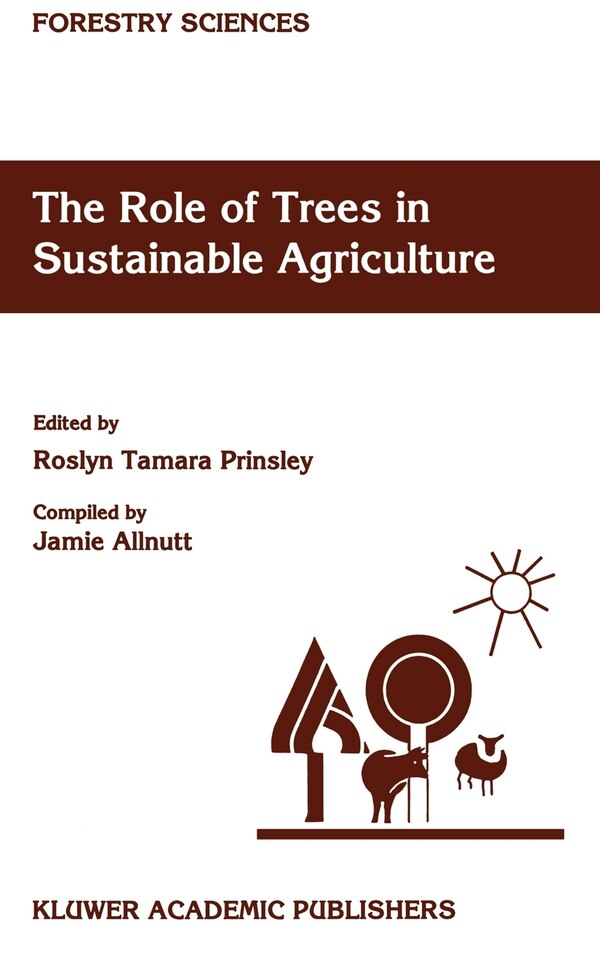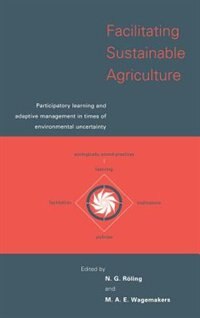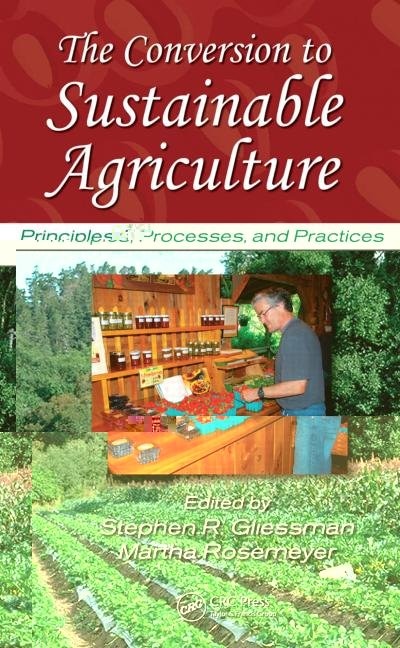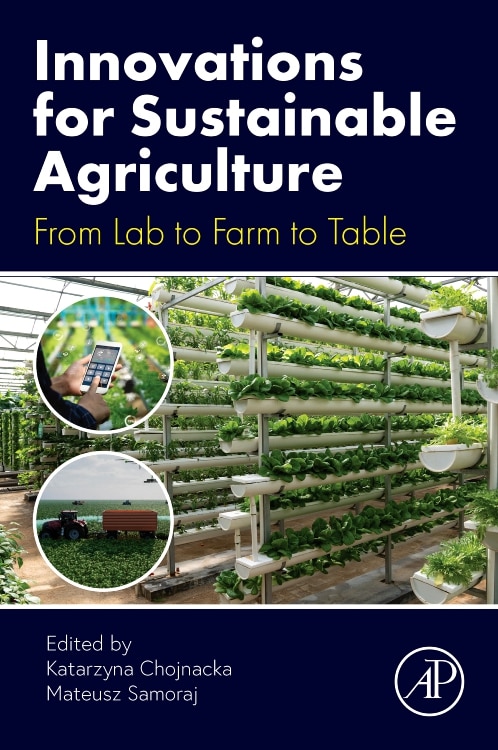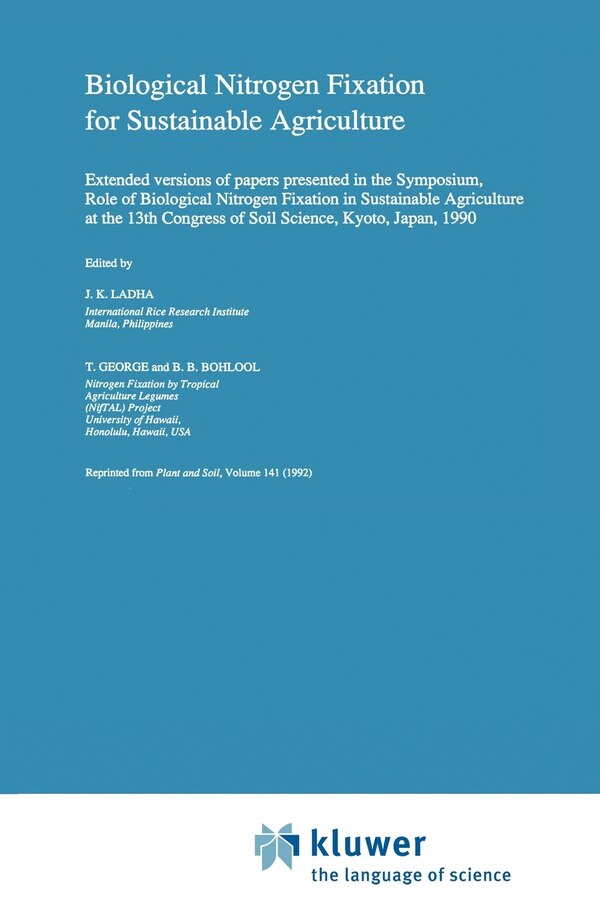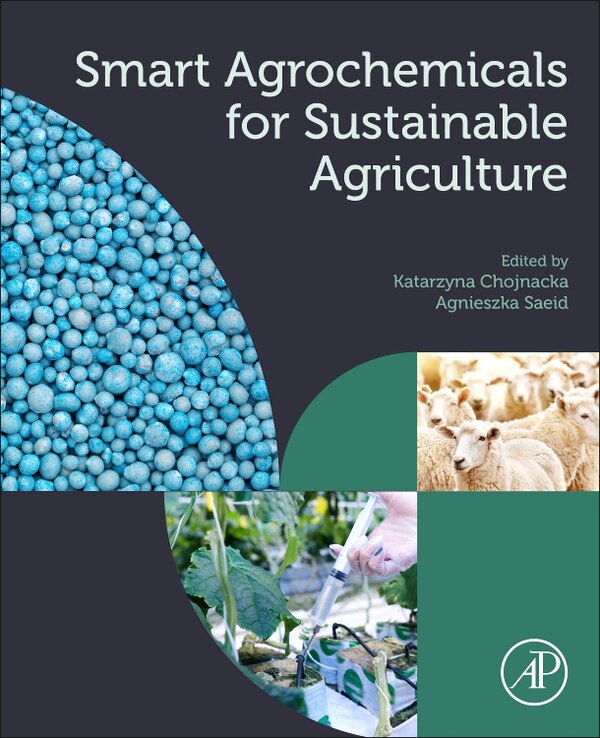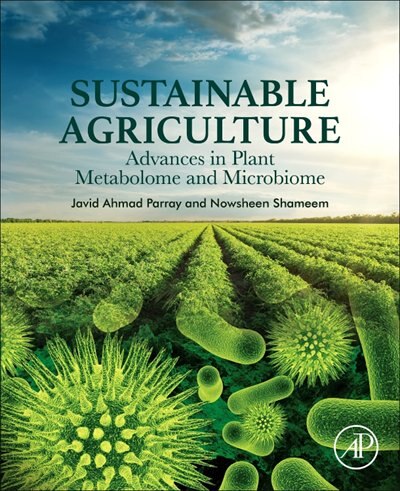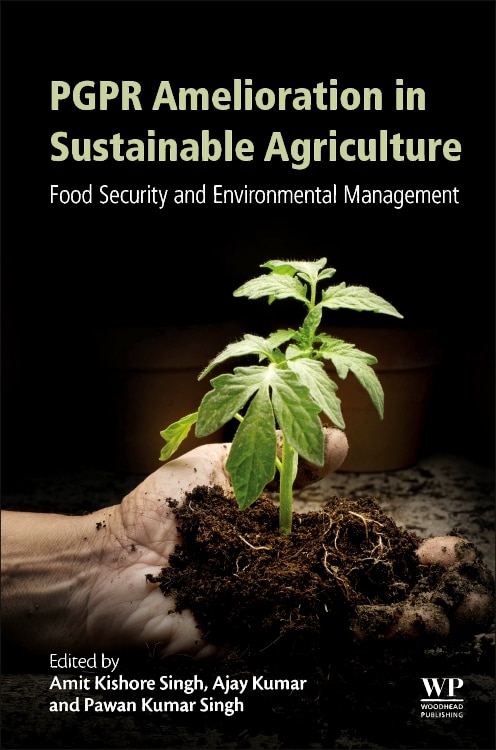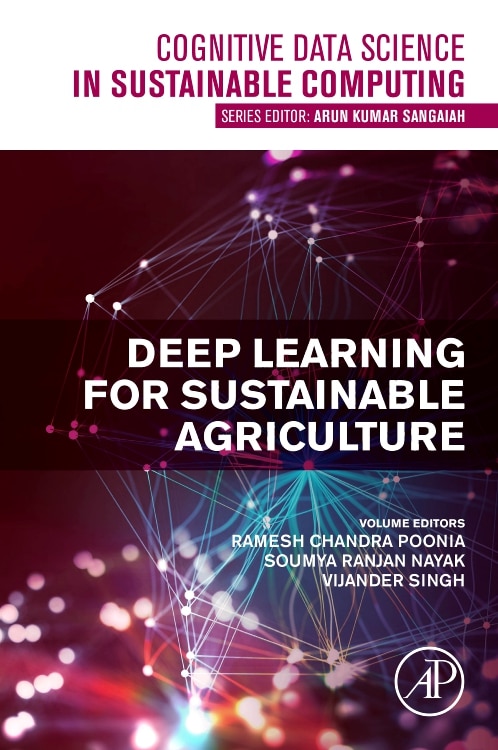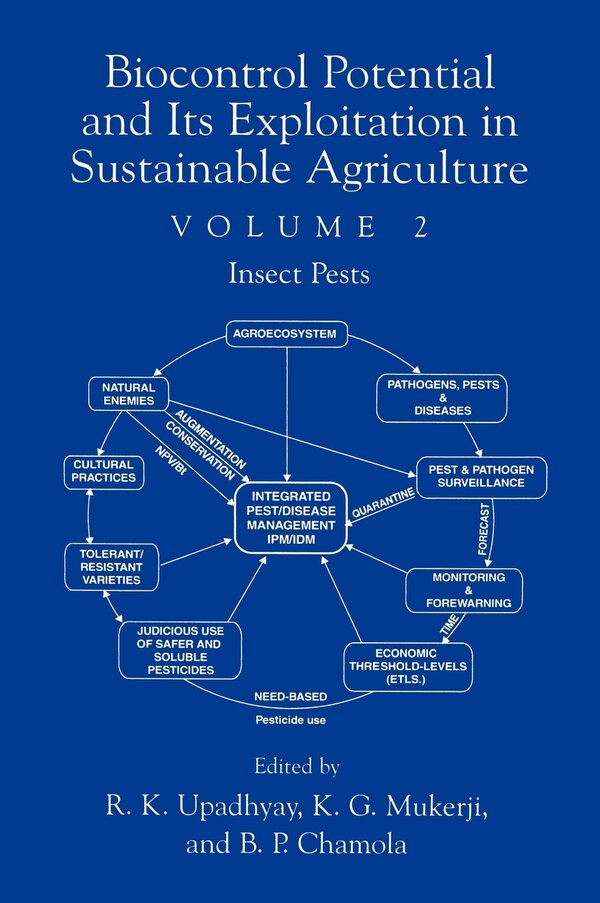
GIVE THE PERFECT GIFT
Erin Mills Town Centre Gift Cards are the perfect choice for your gift giving needs.Purchase gift cards at kiosks near the food court or centre court, at Guest Services, or click below to purchase online.PURCHASE HEREHome
Allelopathy in Sustainable Agriculture and Forestry by Ren Sen Zeng, Hardcover | Indigo Chapters
Indigo
Loading Inventory...
Allelopathy in Sustainable Agriculture and Forestry by Ren Sen Zeng, Hardcover | Indigo Chapters
From Ren Sen Zeng
Current price: $321.50

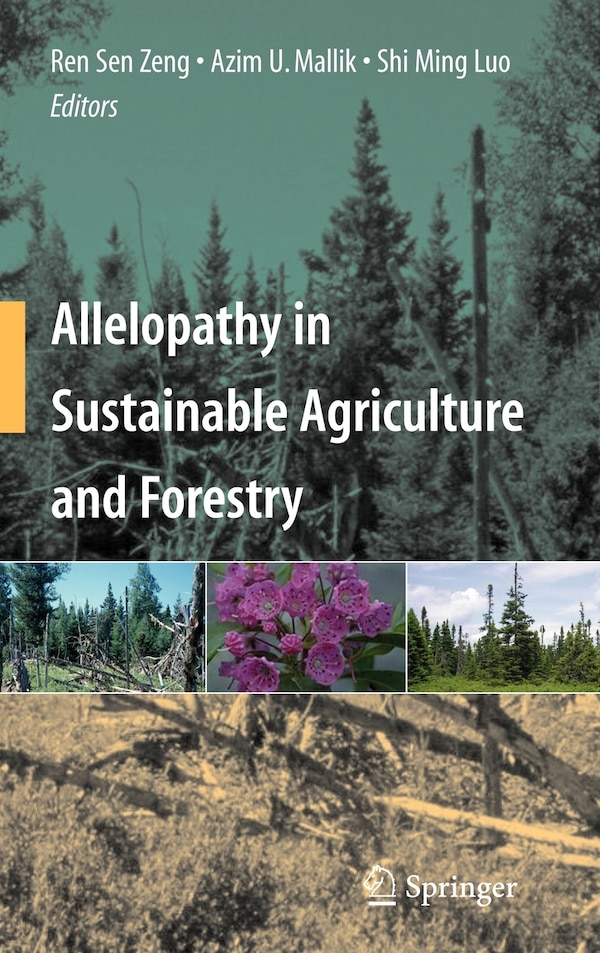
From Ren Sen Zeng
Allelopathy in Sustainable Agriculture and Forestry by Ren Sen Zeng, Hardcover | Indigo Chapters
Current price: $321.50
Loading Inventory...
Size: 1 x 9.25 x 3.77
*Product information may vary - to confirm product availability, pricing, shipping and return information please contact Indigo
Simply put, allelopathy refers to an ecological phenomenon of plant-plant interference through release of organic chemicals (allelochemicals) in the environment. These chemicals can be directly and continuously released by the donor plants in their immediate environment as volatiles in the air or root exudates in soil or they can be the microbial degradation products of plant residues. The chemicals may interfere with survival and growth of neighboring or succeeding plants. Black walnut, eucalyptus, sunflower, sorghum, sesame and alfalfa are common examples of plants with allelopathic property as well as some staple crops such as rice, wheat, barley and sorghum. Plants can emit chemicals that also discourage insects and pathogens. To maintain sustained productivity, knowledge of this form of plant interference on other plants and on disease causing organisms has been used in agriculture since prehistoric time by manipulating cropping pattern and sequence such as mixed cropping and crop rotation. However, use of numerous agrochemicals including a wide range of herbicides, pesticides, fertilizers and genetically modified high yielding crops has become the characteristic feature of modern industrial agriculture. Not only the sustainability of crop yield is called into question in this form of agriculture, the extensive long-term and often irreversible environmental degradation including ground water contamination and food safety associated with industrial agriculture are now of serious concern worldwide. The objective is to report on the latest advances in allelopathy by inviting leading scientists to contribute in specific fields. The volume is organized under three major subsections: History of allelopathy, Allelochemicals, allelopathic mechanisms, and bioassays, and Application of allelopathy in agriculture and forestry. An emphasis is place on methodology and application, making it a truly practical reference. | Allelopathy in Sustainable Agriculture and Forestry by Ren Sen Zeng, Hardcover | Indigo Chapters
Simply put, allelopathy refers to an ecological phenomenon of plant-plant interference through release of organic chemicals (allelochemicals) in the environment. These chemicals can be directly and continuously released by the donor plants in their immediate environment as volatiles in the air or root exudates in soil or they can be the microbial degradation products of plant residues. The chemicals may interfere with survival and growth of neighboring or succeeding plants. Black walnut, eucalyptus, sunflower, sorghum, sesame and alfalfa are common examples of plants with allelopathic property as well as some staple crops such as rice, wheat, barley and sorghum. Plants can emit chemicals that also discourage insects and pathogens. To maintain sustained productivity, knowledge of this form of plant interference on other plants and on disease causing organisms has been used in agriculture since prehistoric time by manipulating cropping pattern and sequence such as mixed cropping and crop rotation. However, use of numerous agrochemicals including a wide range of herbicides, pesticides, fertilizers and genetically modified high yielding crops has become the characteristic feature of modern industrial agriculture. Not only the sustainability of crop yield is called into question in this form of agriculture, the extensive long-term and often irreversible environmental degradation including ground water contamination and food safety associated with industrial agriculture are now of serious concern worldwide. The objective is to report on the latest advances in allelopathy by inviting leading scientists to contribute in specific fields. The volume is organized under three major subsections: History of allelopathy, Allelochemicals, allelopathic mechanisms, and bioassays, and Application of allelopathy in agriculture and forestry. An emphasis is place on methodology and application, making it a truly practical reference. | Allelopathy in Sustainable Agriculture and Forestry by Ren Sen Zeng, Hardcover | Indigo Chapters

